


The International Fund for Agricultural Development (IFAD) saw an opportunity to contribute to improved food and nutritional security, increased income generation and alternative sustainable opportunities among the rural poor in Afghanistan by strengthening the delivery of agriculture and livestock services. At the same time, the project aims to strengthen the existing institutional capacity (both governmental and non-governmental) at district and provincial level, offering an opportunity for a bottom-up structure.
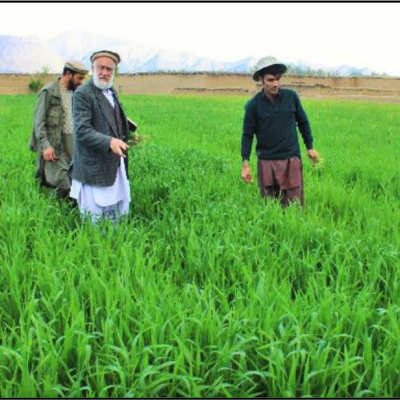
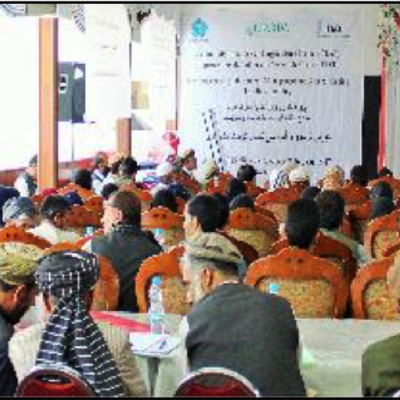
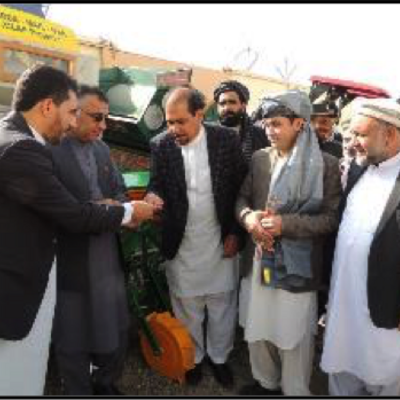
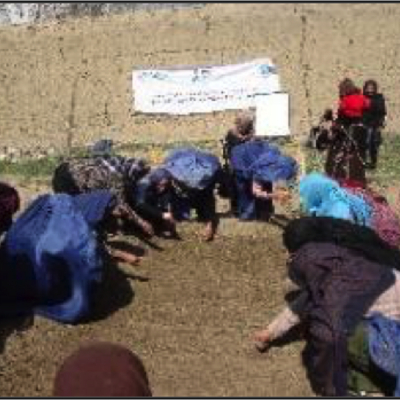
The overall goal of CLAP is to contribute to reduced poverty in rural Afghanistan by enhancing production and productivity of food, forage and vegetables in the target provinces of Kabul, Parwan and Logar. This will be achieved by enhancing productive assets, skills, services, technologies and income opportunities of the targeted beneficiaries (i.e. by introducing appropriate livestock and agriculture technology options, building local capacity, and strengthening weak areas of the value-chain, including linkages with markets). CLAP also aims at reducing gender disparities by increasing the social and economic status of women engaged in these activities.
The main objective is to improve the food and nutrition security of 81,000 rural households (about 634,700 individuals) in selected districts in the target provinces by increasing agriculture and livestock productivity.
Project objectives (other than ‘reducing gender disparities by increasing the social and economic status of women’) will be achieved through the following five sets of activities: adaptive research for fast-track release of high-yielding varieties; establishment of and support to farmer-led Village Based Seed Enterprises; participatory demonstrations to accelerate adoption of newly released high-yielding varieties; infrastructure development; and 5) capacity development.
UPDATES
In 2020, ICARDA and the Agricultural Research Institute of Afghanistan (ARIA) worked together to release three new drought-resistant wheat varieties in Afghanistan to help overcome the increasing threat of recurring droughts in the country, and help rehabilitate the agricultural sector. The new varieties were developed and field-tested through ICARDA’s and ARIA’s intensive research program under the CLAP project of the Ministry of Agriculture in Afghanistan, supported by IFAD.
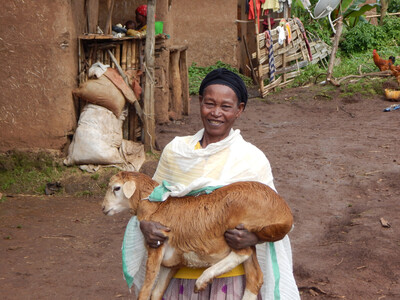


© 2026 International Center for Agricultural Research in the Dry Areas (ICARDA)